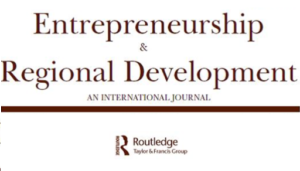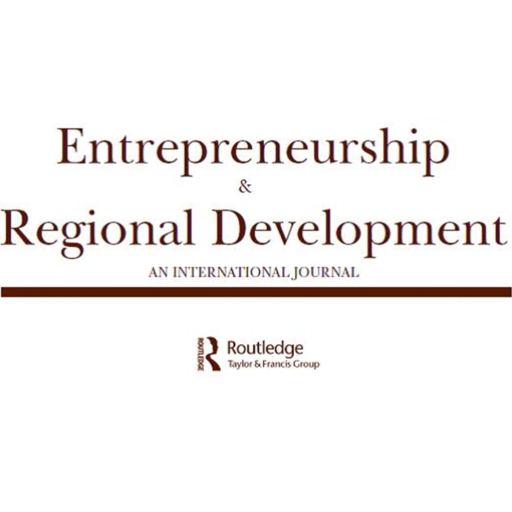Episode 134 – Charbel Salloum – Global perspective on networking dynamics of entrepreneurs across migrant statuses: unravelling the role of the public vs. private spheres
This study investigates differences in entrepreneurial networking between entrepreneurs across migrant statuses (native-born, first-generation, and second-generation), focusing on how societal modes of incorporation – the policies and cultural attitudes that shape how newcomers integrate into a host country – influence these networks. Using data from the Global Entrepreneurship Monitor (GEM) survey of 15,123 entrepreneurs across 35 countries, we apply hierarchical linear regression to assess how migration status shapes networking in private, workplace, operational, and transnational spheres. The findings reveal that first-generation immigrant entrepreneurs engage more extensively in public and transnational networks compared to their native counterparts, challenging the conventional view that immigrant entrepreneurship is primarily reliant on private or ethnic networks. Surprisingly, second-generation immigrants do not demonstrate a significant advantage in networking, indicating that assimilation may weaken access to critical entrepreneurial networks. Additionally, the study highlights the impact of immigration policies and societal attitudes on networking dynamics, showing that supportive integration policies enhance workplace and operational networking but may simultaneously weaken transnational ties. These insights have direct implications for policymakers, suggesting that balancing integration efforts with policies that preserve immigrants’ transnational social capital can optimize entrepreneurial success.
Full article available on Taylor & Francis website: https://www.tandfonline.com/doi/full/10.1080/08985626.2025.2546616


